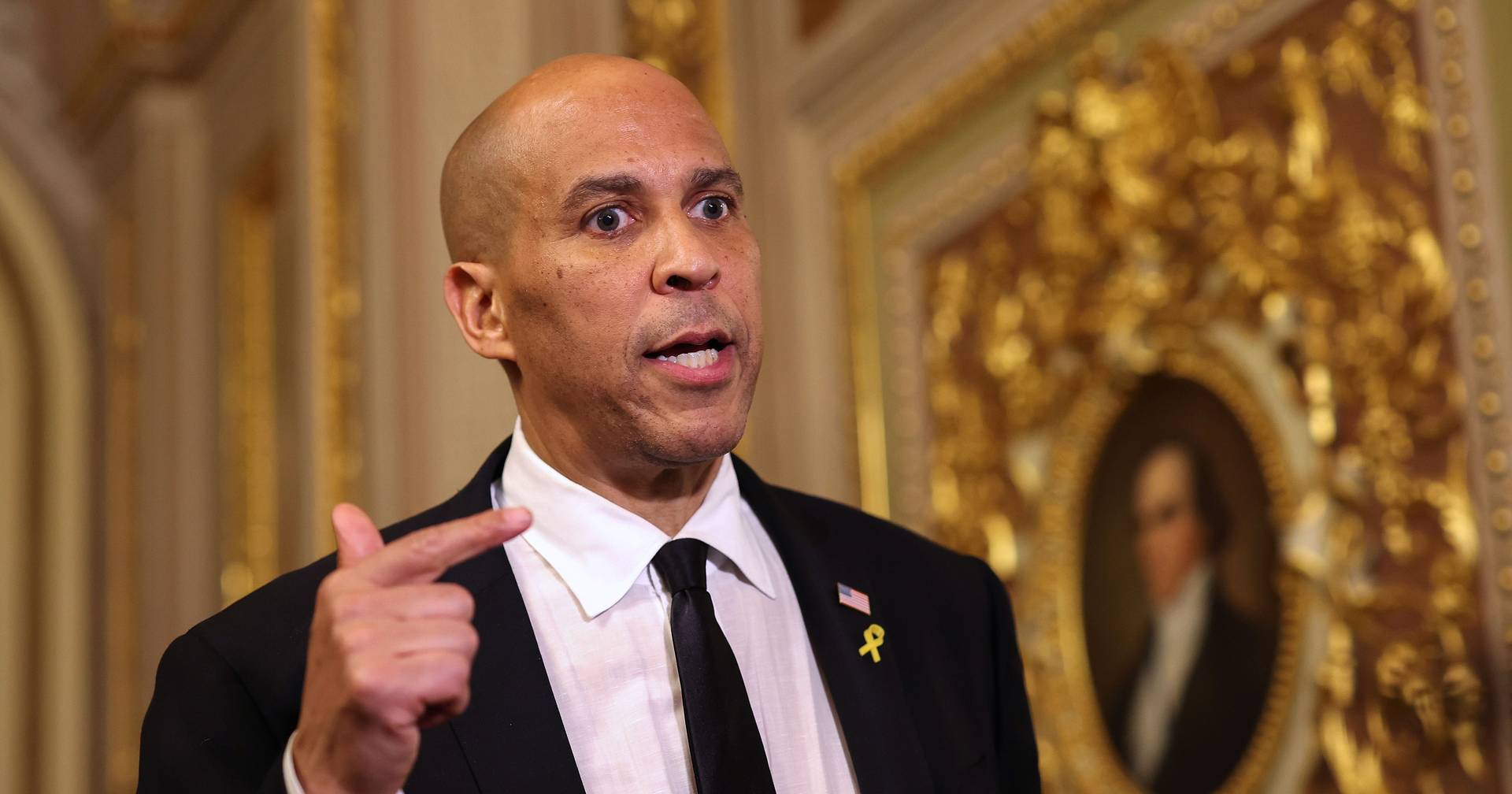Trump's Tariffs Shock Swiss Economy
Explore the complex economic and diplomatic repercussions of the U.S. imposing high tariffs on Swiss imports, as both nations navigate this contentious trade dispute.
Published April 07, 2025 - 00:04am

Image recovered from lexpress.fr
The recent imposition of extreme tariffs by the United States on Swiss imports has triggered significant economic and diplomatic upheaval, sending shockwaves through Switzerland's economy. U.S. President Donald Trump has enacted a 31% tariff on imports from Switzerland, surpassing the 20% tariffs levied on the European Union. This unexpected move by Washington has baffled Swiss political leaders and economists, igniting concerns over its efficacy in rebalancing trade deficits.
Swiss-EU collaborations are underway to assess potential countermeasures, although no definitive retaliatory actions have been proposed by Swiss leaders at this juncture. President Karin Keller-Sutter and Economy Minister Guy Parmelin are keen to initiate diplomatic discussions with U.S. officials to address these concerns. The economic and political climate in Switzerland is tense, as the country grapples with the potential impact on its thriving export sector, which chiefly revolves around pharmaceutical products, luxury watches, and industrial equipment.
Switzerland has been a staunch advocate for free trade, and the tariffs represent a significant departure from established trade norms, challenging the nation's trading strategy. The U.S. rationale behind these tariffs is rooted in a desire to address the bilateral trade imbalance, compounded by perceived unfair trade practices. However, critics argue that the calculations for the tariffs seem arbitrary and lack economic justification.
According to the Trump administration, the deficit with Switzerland is around 38.5 billion dollars, against which the tariffs have been designed to level. Yet, taking into account the services trade, where the U.S. enjoys a surplus, the overall trade balance appears more equitable. Consequently, Swiss policymakers argue that these measures do not reflect the true nature of Swiss trade practices, which adhere to international standards.
Prominent economists, including Nobel laureate Paul Krugman, have challenged the rationale of the U.S. tariffs, suggesting that industry experts struggle to discern any coherent logic behind this approach. As these tariffs loom, they potentially threaten to drive up prices for American consumers and reduce demand for Swiss goods, which has already prompted Swiss manufacturers to contemplate strategies to mitigate the impact.
The luxury watch industry, a key pillar of the Swiss economy, is particularly vulnerable, with the U.S. being its largest market. Industry leaders have voiced significant concern over the capacity to absorb such high tariffs on high-value products. Projections suggest significant price hikes may be necessary, potentially as high as 13% for some watch models, putting pressure on profit margins and potentially dissuading American consumers.
While pharmaceuticals remain a leading export to the U.S., they are temporarily exempted from these tariffs, adding another layer of uncertainty regarding future U.S.-Swiss trade dynamics. Moreover, the wider economic implications could include reduced Swiss economic growth, with estimates indicating a potential annual GDP decline of up to 0.6% due to decreased demand in its largest foreign market.
The Swiss government, while refraining from immediate retaliatory measures, urges for dialogue and considers alternative strategies to cope with these developments. Karin Keller-Sutter's upcoming discussions with U.S. authorities underscore Switzerland's commitment to fostering amicable trade relations, even amidst such challenges.
In conclusion, as these tariffs threaten to unsettle Swiss-American trade ties, the diplomatic avenues pursued by Switzerland aim to recalibrate trade relations and seek a more sustainable solution that honors free trade principles. The coming months will prove crucial as Swiss leaders and American counterparts negotiate and navigate this complex trade landscape.






